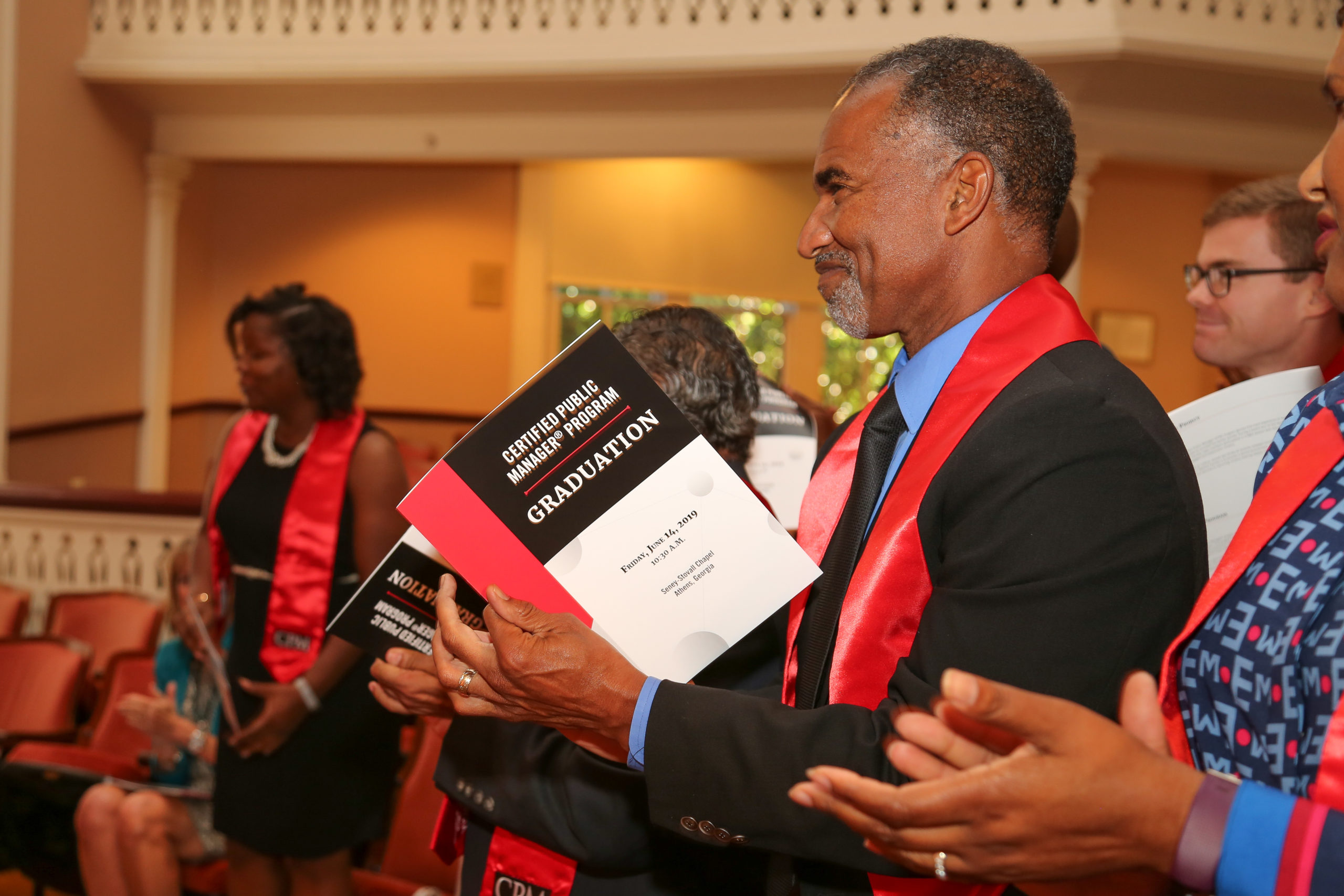The University of Georgia has been recognized for excellence in public service and outreach, being designated as a community engaged institution by the Carnegie Foundation for the Advancement of Teaching for a second time.
The classification was first awarded to UGA in 2010.
“Receiving this classification is a national recognition of the University of Georgia’s expansive outreach programs and their impact on Georgia, the United States and the world,” UGA President Jere W. Morehead said. “As the state’s land-grant and sea-grant university, working with communities to build a stronger, more prosperous Georgia is central to everything we do.”
The Carnegie Foundation’s Community Engagement Classification recognizes public service and outreach activities such as service-learning and university-community partnerships. This elective classification requires submission of extensive documentation and evidence of unique and distinctive university partnerships with local, statewide and global communities.
“The institutions that we are recognizing today are doing extraordinary work in addressing their societal responsibilities in and through community engagement and service. In doing so, they bring scholarship, knowledge, and expertise to bear in the address of real challenges in our communal lives,” said Paul LeMahieu, senior vice president at the Carnegie Foundation for the Advancement of Teaching. “They inspire us, even as they instruct us how to be our best selves in service to our communities.
UGA’s application was coordinated by the Office of Public Service and Outreach with contributions from Cooperative Extension and colleges and schools across the university.
“We are very pleased that the Carnegie Foundation recognizes the University of Georgia’s vast partnerships with communities and organizations across Georgia and beyond,” Vice President for Public Service and Outreach Jennifer Frum said. “Everything we do is focused on helping to create jobs and prosperity, developing the state’s leaders, and solving critical statewide challenges. To have this work and its impact recognized nationally is a tribute to the hard work of our faculty and staff.”
Since the initial classification in 2010, UGA has greatly expanded its outreach programs and opportunities for students. President Morehead’s focus on experiential learning has meant that every undergraduate student now graduates with a meaningful, hands-on learning experience outside of the classroom setting. The number of service-learning courses at UGA has more than doubled since 2010, with 250 individual courses carrying the official “s” designation. In 2018-19, more than 7,150 students enrolled in at least one service-learning class, providing more than 300,000 hours of service and an estimated $7.7 million economic impact on Georgia communities.
In partnership with local communities, the university’s Small Business Development Center, with 17 locations around the state, helped create 450 businesses and more than 3,000 jobs last year alone. The university’s economic impact on Georgia is estimated at $6.5 billion annually, $973 million of which comes from the impact of UGA’s outreach programs.


